With the COVID-19 pandemic affecting all of us globally, it brings disruptions and inconveniences to our daily life. As a theological educator, all my classes in this semester are cancelled in compliance with the Movement Control Order (MCO) issued by the Malaysian government from 18-31 March. Other modular and intensive courses to be held in the coming weeks are cancelled as well.
Many questions are now being raised: How do we complete the syllabus for our courses? Will we be able to carry out replacement classes after the MCO is lifted? How do students access library resources? What if the MCO is extended?
Although the welfare and wellbeing of our students, staff, and faculty are foremost in our mind, we also wonder about the aftermath of the pandemic. How are classes going to be held?
This brings me back to one of the issues I raised some years ago about how brick and mortar seminaries may not be the only way for the future. What I am advocating is not to phase out traditional model of learning, such as the current full-time residential training. There is still a place for this model. What I am reflecting here is this: what else can we do to respond to the current challenges ahead of us?
The current crisis provides us another window of opportunity to respond positively to the situation. If anything, the current crisis reinforces the fact that we have to embrace technological advances if seminaries wish to remain resilient, adaptable to forces beyond our control, and continue to provide theological education to our students in Malaysia and beyond.
What can we plan for the immediate future for seminaries in Malaysia?
1) Upgrade our infrastructure so that our entire campus is provided with high-speed wifi/internet connection. This is no longer an option but a necessity so that we could offer a better learning experience.
2) Revamp our instructional model. We may have to consider offering courses online, blended model (say 50% online, and 50% face to face classroom interaction) or any other suitable models such as viewing videos at the convenience of the students. If we are prepared, we could tap on adjunct lecturers that are more than willing to offer courses but without the need for them to cross geographical boundaries to be in the seminary to deliver their lectures. In this way, we could potentially expand our course offerings, tapping into expertise available globally at reduced cost.
3) Reconsider our assessment of academic requirements. Currently, most of our academic requirements stipulates certain percentage of class attendance. This might have to be reviewed in light of online learning especially if our classes are designed to be self-paced.
4) Move to digital resources. While physical library remains important, there is a need to consider subscription to digital resources with journals and ebook access. Any financial budget allocated for physical expansion of library might be more profitably channelled to digital subscription that students may access from anywhere as long as there is internet connection. Currently, many academic publishers are offering access to their digital resources for free at least until middle of the year. This is a great opportunity for us to familiarise ourselves with digital resources if we have not done so already.
5) Collaborate with other seminaries. The time is now for us to work closely together. We need to collaborate with one another, not only with seminaries in Malaysia but also in the region. We could potentially share resources, participate in each other’s online learning courses, consider transfer of credits, and offer joint classes together where lecturers from different institutions could co-teach an online course in their respective geographical locations. This will enhance students' learning experience.
6) Change our mindset. This is probably the hardest thing to do. We are often averse to changes, and more so changes to areas that we are not familiar or uncomfortable with. However, help is always available. There are educational consultants who are willing to assist seminaries migrating to e-learning.
What I have said above is nothing new. Many seminaries globally have embraced online learning and there are lessons to learn from them.
Perhaps the current crisis is a golden opportunity for seminaries in Malaysia to reinvent themselves and thus provide greater access to theological education for many who are not geographically located near the physical location of the seminaries. Imagine the great impact where people located in East Malaysia, the East Coast states of Peninsular Malaysia, the smaller towns all over the country, and even students from the region could be further equipped for the ministry of the Gospel.
Are we ready? Who is with me?

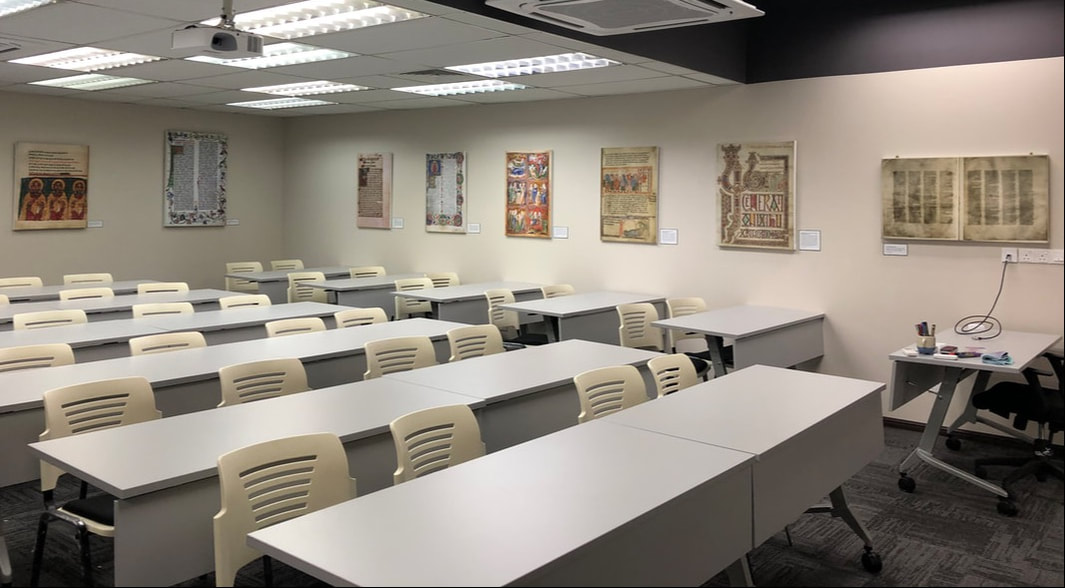



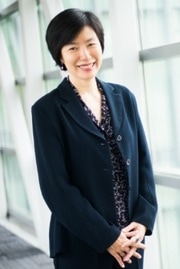


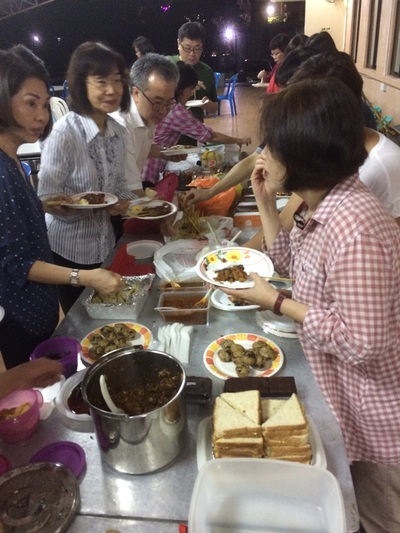
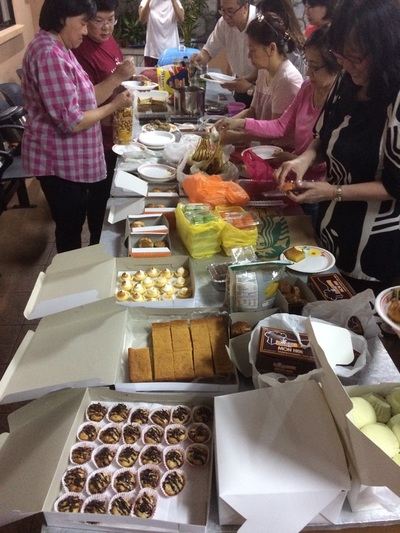
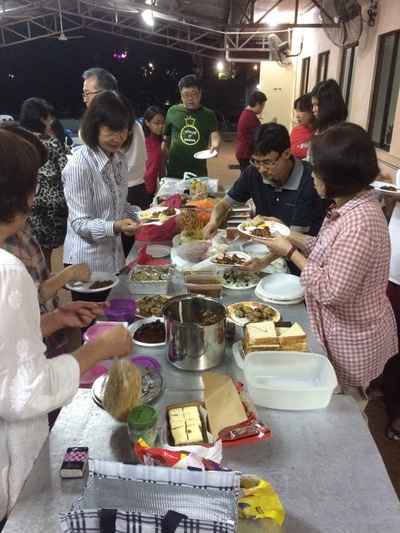

 RSS Feed
RSS Feed